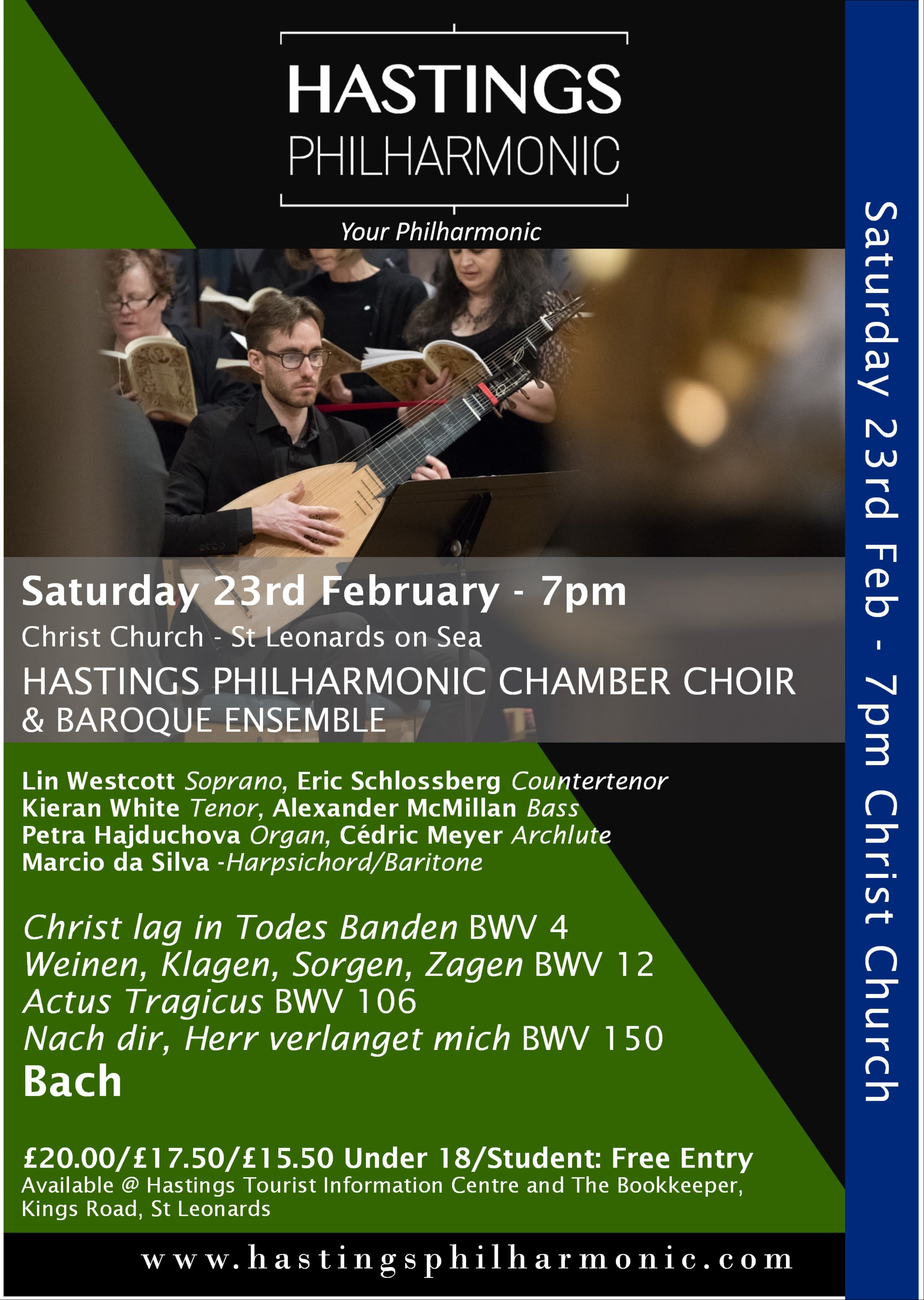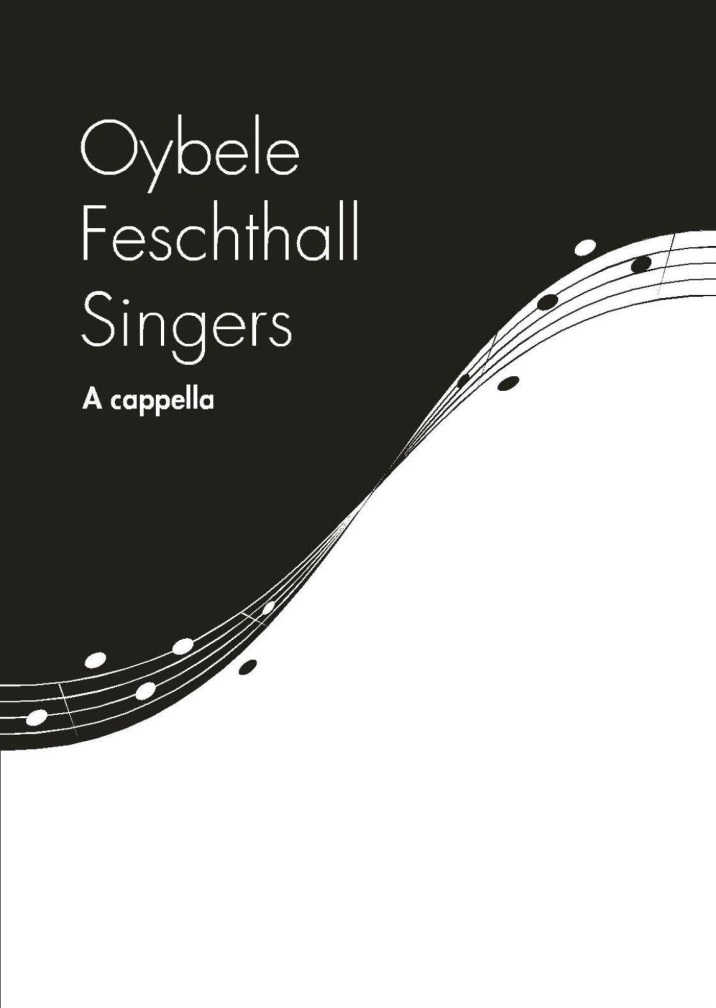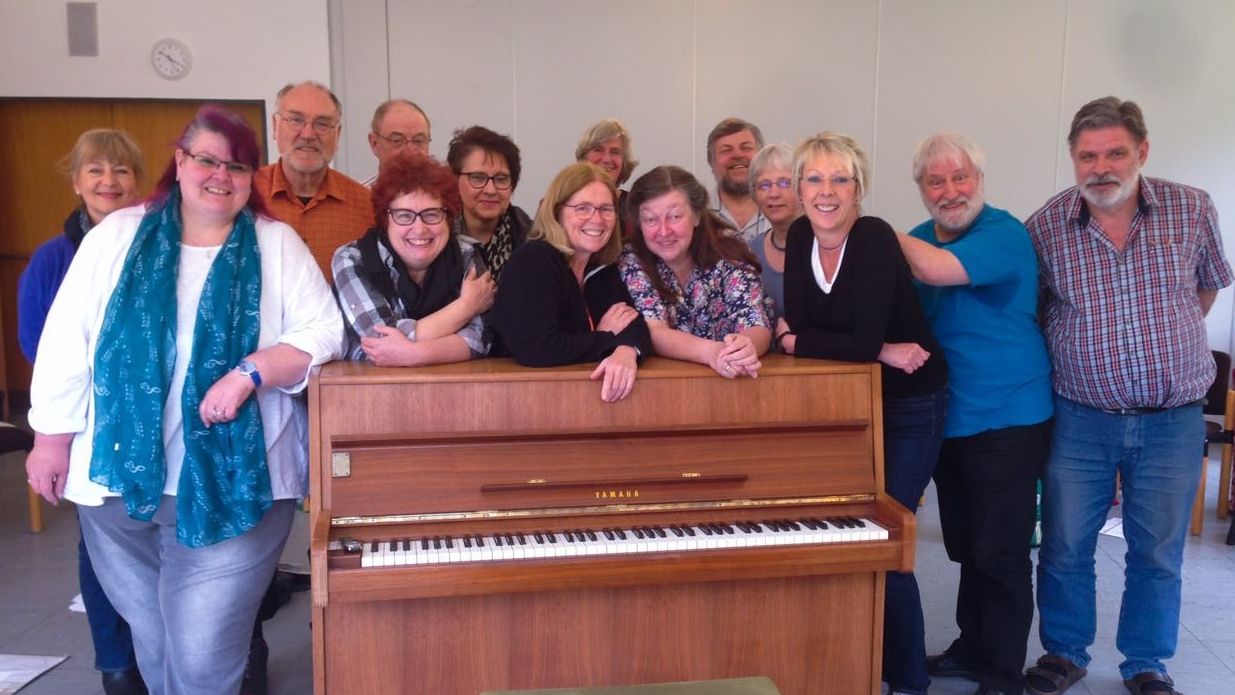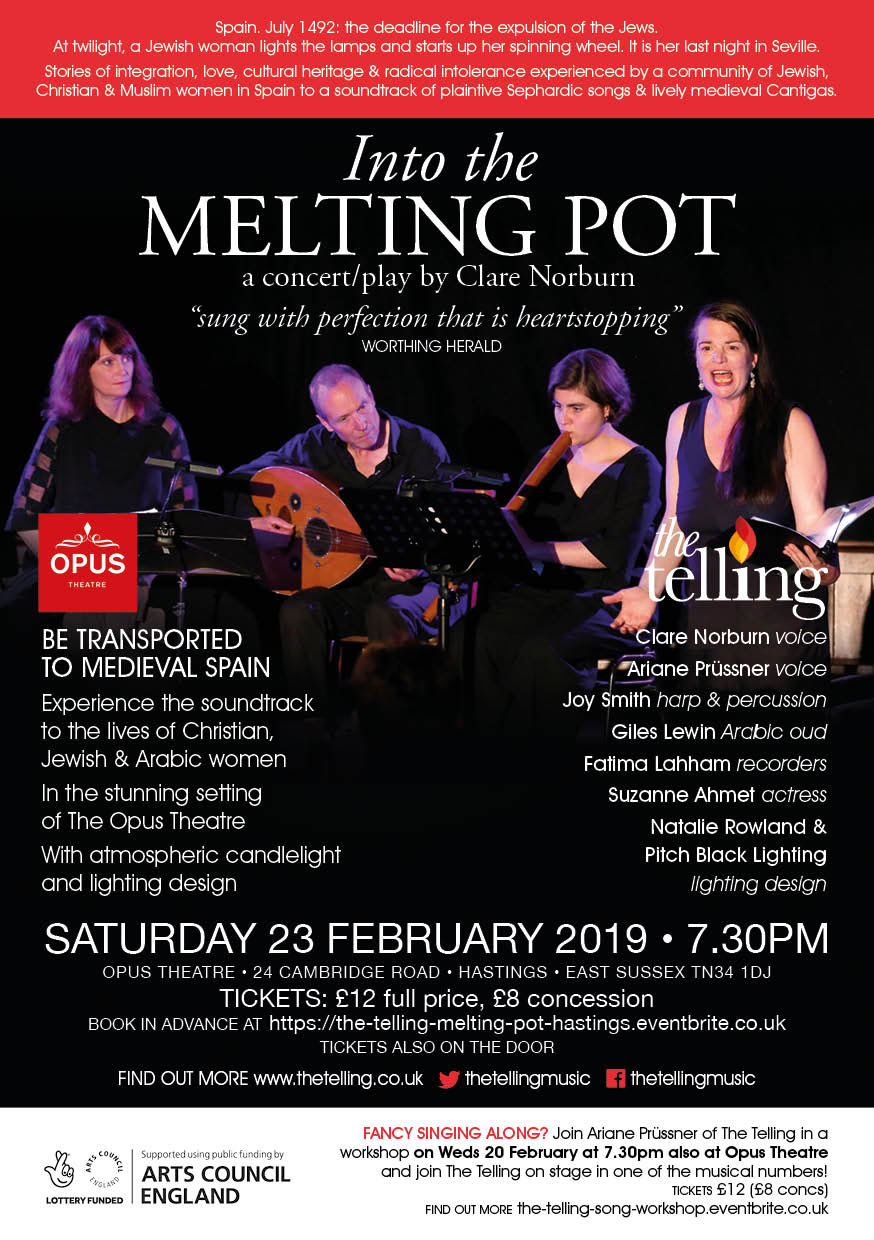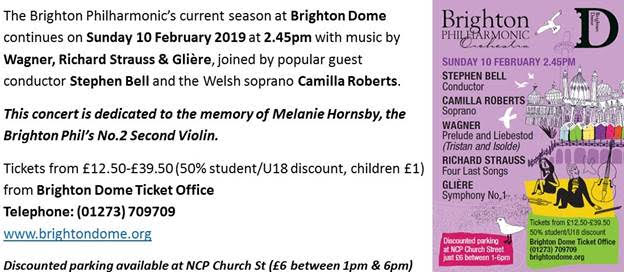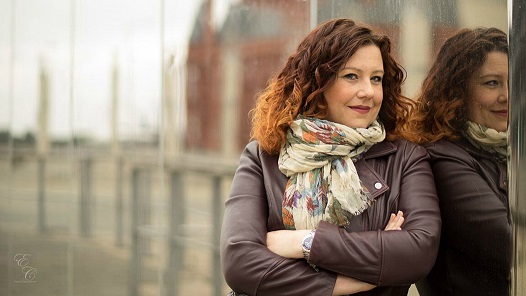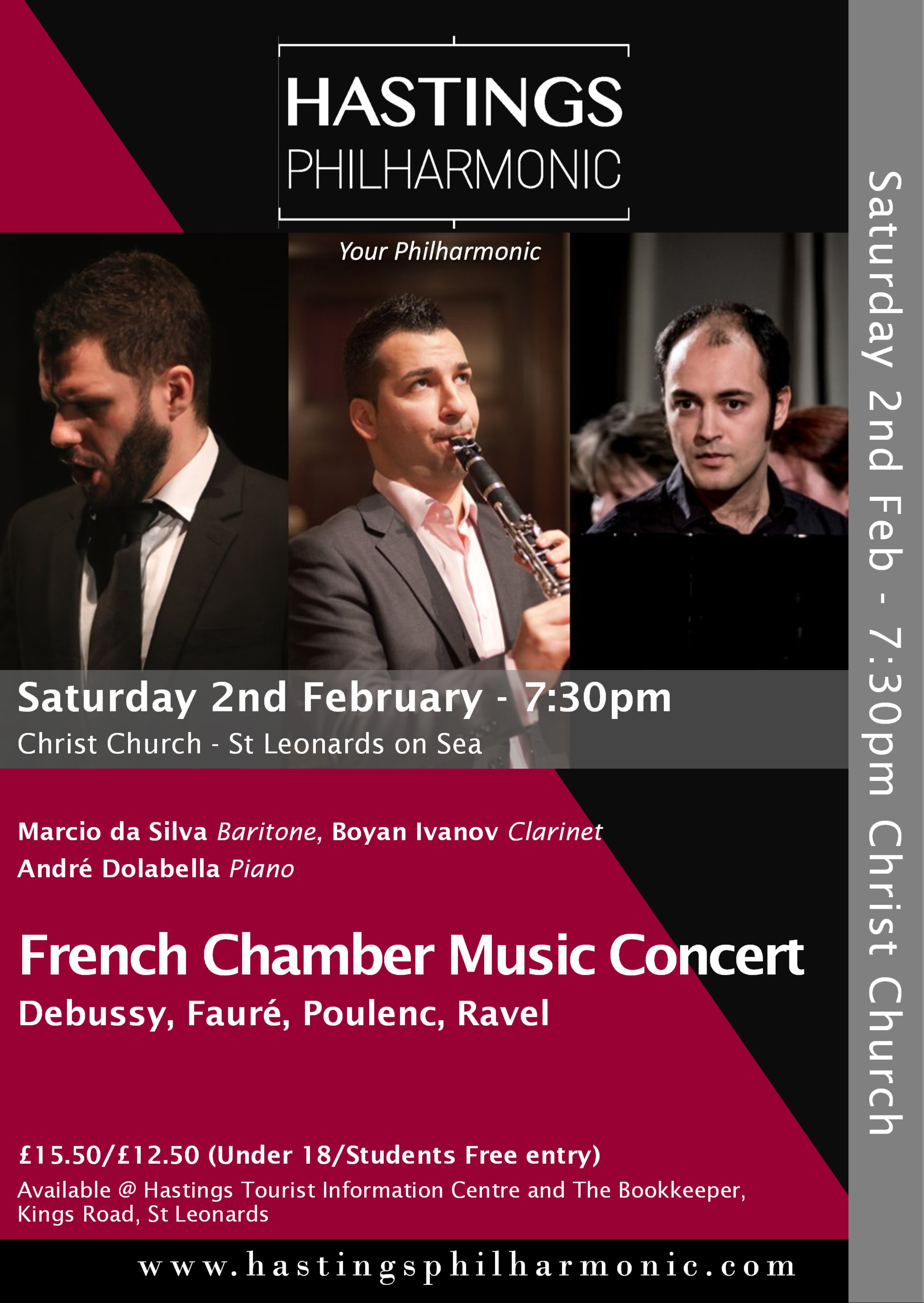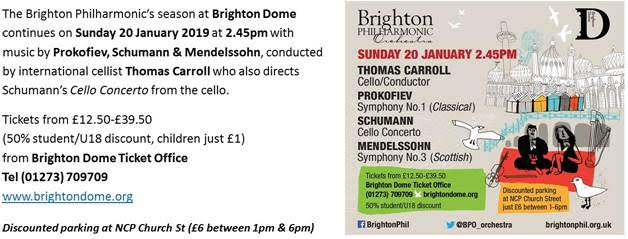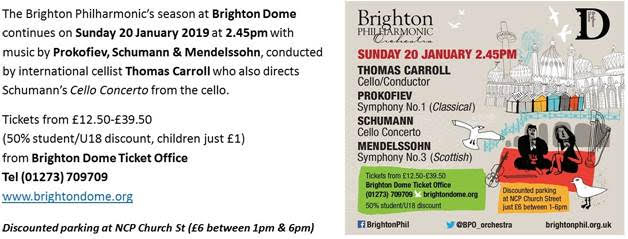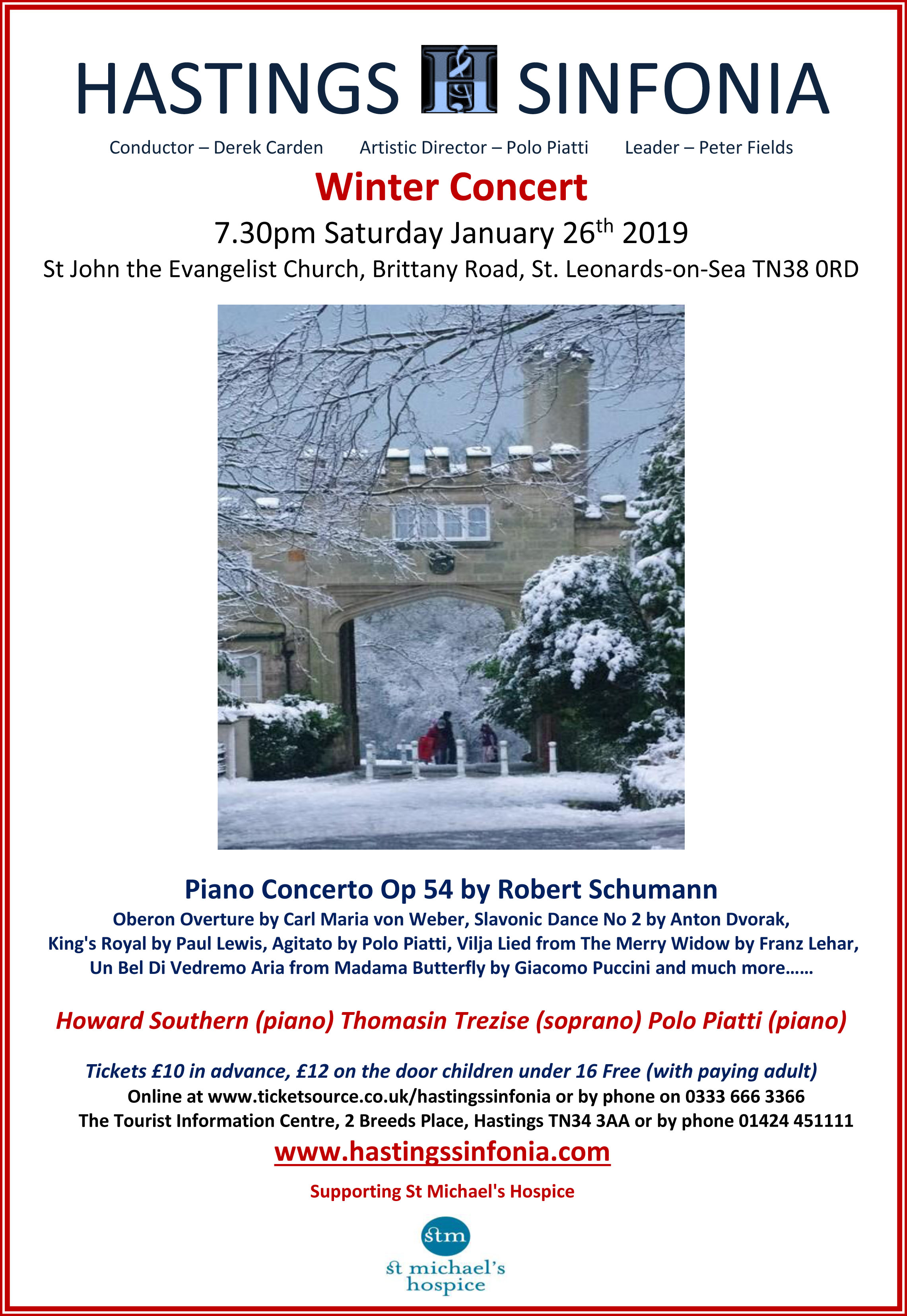Category Archives: 1066 News
BATTLE CHORAL SOCIETY
BATTLE CHORAL SOCIETY
DIRECTOR OF MUSIC – JOHN LANGRIDGE
PRESENTS
HANDEL’S MESSIAH
ST MARY’S CHURCH, BATTLE SATURDAY 6TH APRIL AT 7.30 PM
Battle Choral Society will be performing the glorious Messiah
in St Mary’s Church, Upper Lake, Battle TN33 0AN.
With professional orchestra and soloists:
Caroline Foulkes (Soprano), Emily Steventon (Mezzo Soprano),
Gary Marriott (Tenor) and Michael White (Baritone).
Tickets at £15 each (under-18s free) are available from
Raggs Boutique, 20 High Street, Battle,
The Crafty Norman, 9 High Street, Battle,
Holden & Co Solicitors, Robertson Street, Hastings:
(01424) 722422 for credit/debit card bookings.
Tickets also available on the door.
WE LOOK FORWARD TO SEEING YOU!
Oybele Choir at St John’s, Pevensey Road
Opus Theatre
St Nicolas Pevensey
Spring and summer music 2019
Saturday 16th February7pm noteworthy voices £7
Eastbourne’s “notable” choir sing an a capella programme
Sunday 24th March 3pm Deco delights £10 incl tea
Nostalgic cabaret with Sharon & paul lewis
Saturday 27th April 7pm Gabriella dall’olio £10
Dazzling international harpist
Monday 6th May 12.30 pm Shari-ann Bolton organ
** Our organist plays favourite organ voluntaries **
Saturday25th May 7pm Polyphony Vocal Ensemble £8
The Magic of Music 2019 is performed by Sussex singers making a welcome return to St Nicolas
Wednesday 19th june 1pm Richard bowen acoustic Guitar
** Spanish guitar and toe-tapping latin American Rhythms**
Saturday 20th july 7pm Neil Mclaren flute & harp £10
wonderful Glyndebourne musicians take a break from the opera!
Wednesday 7th August 1pm John Collins Organ
** Keyboard rarities from the old masters **
For more information, please contact us on 01323 743301
events marked ** free admission, with retiring collection
Brighton Philharmonic Orchestra
In the first half of our second concert of 2019 we visit two amazing talents of the late Romantic era – two German composers who changed the face not only of Romanticism, but the sound and energy of the orchestra. Two Richards, Wagner and Strauss, who were two of the most influential composers of the century. We welcome back Stephen Bell to conduct this unashamedly Romantic programme.
When you listen to Wagner, and especially the Prelude and Liebestod from Tristan und Isolde, you are drawn into an amazing orchestral world of colour, sound and brilliance. Wagner was born in 1813 – he was 14 when Beethoven died – and to put this into context Brahms was born in 1833 and died in 1897. Wagner himself died in 1883. So Germany had within its midst two colossal composers working in parallel universes – in an amazing few years of composition Wagner had written a collection of ground breaking operas including the Ring cycle – an amazing feat considering he wrote the librettos as well! The Prelude and Liebestod was written and performed a few years before Wagner completed the opera in 1865.
The Four Last Songs by Richard Strauss are probably the most poignant and heartfelt songs for soprano and orchestra ever written, and culminate an incredible journey of composition by Strauss – he knew as he wrote these songs that they would be the last pieces he would compose. There are four songs in the cycle: Frühling (Spring), September, Beim Schlafengehen (When Falling Asleep) and Im Abendrot (At Sunset). The poem At Sunset was written by Joseph Freiherr von Eichendorff; the other poems were written by Hermann Hesse. The songs’ first performance was given at the Royal Albert Hall in 1850, two years after the composer’s death aged 85. The songs other than Spring dwell on death and the eventual journey and are full of soaring melodies for soprano and orchestra. All the songs create a sense of immense calm and acceptance, and Strauss, the master orchestrator, creates this with poignant melody and orchestral solos in this masterclass of orchestration. We are delighted to welcome the soprano Camilla Roberts who will join Stephen Bell and the orchestra in these beautiful songs.
For the second half of this concert we travel to Russia and meet a highly talented composer hugely influenced by the folk songs of his native Russia. Reinhold Glière, although not a household name now, was an extraordinarily gifted composition student at the Moscow Conservatoire at the dawn of the 20th century. Glière composed this brilliantly crafted symphony, full of vibrant tunes and stunning harmony, at the age 25 and it was hugely popular in its day. A loyal Russian, he kept out of the politics of the time and was an enormously influential teacher of composition – the young Prokofiev being one of his pupils. Written in four movements it is unashamedly Romantic in its construction, and Glière keeps very close to the classical symphonic form.
This concert will be dedicated to the memory of one of the Brighton Philharmonic Orchestra’s most popular violinists Melanie Hornsby, who sadly lost her fight with cancer in the summer of last year – we would also like to say a huge thank you to the Macmillan Nurses who cared so brilliantly for her at the end of her life.
Hastings Philharmonic
Brighton Philharmonic Orchestra
This first Brighton Philharmonic Orchestra concert of 2019 is, in football manager’s parlance, a concert of two halves, a clean classical early symphony to open the concert demanding a high standard of orchestral virtuosity, a cello concerto that demands huge technique from its soloist, and a second half that transports our audience to the delights of Victorian Scotland.
We are delighted to welcome back for this concert the renowned cellist and conductor Thomas Carroll and he is looking forward to conducting three works that define three brilliant composers in differing stages of their composing life.
To open our concert we have Prokofiev’s Classical Symphony written by a very talented and young composer writing very much in the 20th century, but here he composes a short four movement symphony written in the style of Haydn, full of tunes, clean harmonies and exciting orchestral writing. It was very well received on its first performance in 1918, so much so that the Russian Commissar of Education agreed to allow Prokofiev a passport to travel abroad.
Thomas will then perform and direct Schumann’s Cello Concerto, written in the mid 1850’s by a very busy composer in the middle of an intense and creative period of composition. This is a brilliant virtuosic concerto for the cello, written by a composer more known for his piano, orchestral and vocal writing, but here creating a brilliant and tuneful concerto for an instrument he had a huge affinity to. It has three movements, with the most stunning slow movement, full of yearning and haunting recollection; it is like a song for the cello with hints of German folk music. Sadly not performed in Schumann’s life, it has become one of the most popular of cello concertos.
After the interval we perform Mendelssohn’s Symphony No.3 ‘The Scottish’ written by a hugely popular and very talented young composer whilst on a European tour. Mendelssohn was inspired to write this symphony after visiting one of the most beautiful areas in Scotland – Holyrood House and its ruined chapel near Edinburgh. It took him ten years to complete as he found it hard to “return to my misty Scottish mood”. He dedicated the work to Queen Victoria and it was first performed in London in June 1843.
Tickets £12.50-£39.50 (50% student/under 18 discount, children just £1 with Family Ticket) from Brighton Dome Ticket Office, (01273 709709), www.brightondome.org
Discounted parking (just £6) available at NCP Church Street Car Park between 1-6pm.
Brighton Philharmonic Orchestra
Artistic Administrator Ian Brignall introduces the second half of the Brighton Phil’s season of Sunday afternoon concerts at Brighton Dome:
“If the first half of this Brighton Philharmonic Orchestra’s 2018/19 season captivated your musical senses, the next four concerts have got amazing musical surprises and some magnificent music written by some highly gifted composers.
On Sunday 20th January we welcome back as cellist/director the brilliant Thomas Carroll. A former pupil of the Menuhin School, Thomas has forged a career as a highly saught-after solo cellist all over the world. For the last few years Thomas has been conducting to great acclaim, and we welcome him back for a concert of Prokofiev’s Classical Symphony, Schumann’s Cello Concerto and Mendelssohn’s ever-popular Symphony No.3, ‘the Scottish’. Prokofiev wrote the Classical Symphony copying the style of Haydn whilst still studying, and decided to test his own composition ability by writing it away from the piano. Schumann wrote his Cello Concerto towards the end of his life and though he never heard it performed, it is a hugely virtuosic work that makes huge demands on the cellist. Mendelssohn was, even early on in his career, a hugely talented and very popular composer – this symphony, his third, doesn’t disappoint; full of orchestral colour it depicts the Scottish highlands perfectly.
For our second concert of 2019 we welcome back one of our most popular guest conductors, Stephen Bell, on Sunday 10th February. For this concert we head firmly into the realm of the late Romantic composers with Wagner’s atmospheric and hugely moving Prelude and Liebestod from his opera Tristan and Isolde. We welcome the Welsh soprano Camilla Roberts to sing Richard Strauss’s Four Last Songs, four of the most beautiful and heartfelt songs ever written for voice and orchestra. To conclude this concert we change our emotional scene and head to the stunning writing of a very young Russian composer, Reinhold Glière. This first symphony was composed whilst he was still at music college, and shows a young composer with a terrific gift for melody and a mastery of orchestral writing.
Barry Wordsworth, our Conductor Laureate, returns to conduct our last two concerts in March and we have two totally different programmes to whet the listener’s appetite.
On Sunday 3rd March we take the theme of travel, holidays and the summer. The Hebrides Overture needs no introduction; the sound of the sea and wind is masterfully captured by the young Mendelssohn. The slightly calmer waters of Le Lac Enchanté are painted beautifully by the Russian composer Anatoly Lyadov, before a boisterous and tuneful mid-summer party in Sweden for full orchestra by the great Swedish orchestrator Hugo Alfvén. To get to our destinations we find ourselves on the locomotive Pacific 231 by the Swiss composer Arthur Honegger. In our travels we visit the capital of London in a suite by the British composer Eric Coates, then rest quietly by the Banks of Green Willow by George Butterworth. A favourite holiday destination is Italy and our musical travelogue concludes with Tchaikovsky’s fabulous Capriccio Italien on the bustling streets of Rome.
The final concert of our season on Sunday 17th March is gloriously romantic and before one of the most Romantic of all piano concertos (Rachmnaninov’s 3rd) played by the Scottish pianist Steven Osborne, we have a Joyeuse Marche and after the interval Hector Berlioz’s epic struggle with life and love – Symphonie Fantastique.
Four very different but inspiring concerts of brilliant music for a Sunday afternoon.”
Tickets for all concerts are £12.50-£39.50 (50% student/U18 discount/children just £1) from Brighton Dome Ticket Office, (01273) 709709, www.brightondome.org
Discounted parking (just £6) available at NCP Church Street Car Park between 1-6pm.

